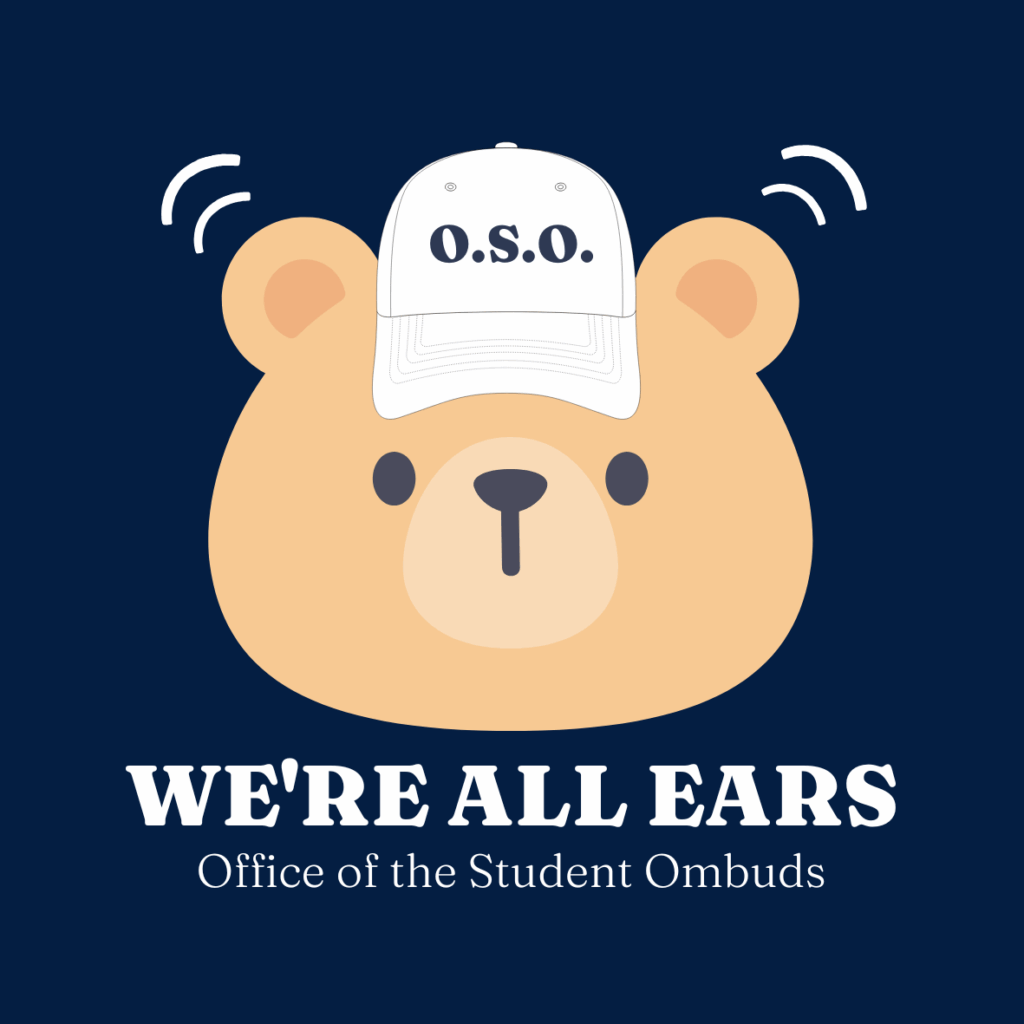Beyond the Headlines: What an Ombudsman Really Does

Ombudsmen have been in the news lately—from Paramount’s hiring of an ombudsman with “conservative credentials” to Stephen Colbert’s recent parody segment about appointing a new ombudsman for his show—and I’d like to dispel some misconceptions about the ombuds role as it has been portrayed in the news and on television. Recent coverage has highlighted some fundamental misunderstandings about what an ombudsman is and isn’t, and as someone who serves as an organizational ombuds at a private, liberal arts research university, I feel compelled to set the record straight.
A note on terminology: The term “ombuds” has been adopted by many organizations, including the International Ombudsman Association (IOA), as a gender-neutral alternative, though ombudsman, ombuds, and ombudsperson are all used interchangeably in the profession.
The Critical Importance of Impartiality
This is key: an ombuds is someone who is impartial and does not show bias or have a stake in the outcome of a conflict. This impartiality isn’t just a nice-to-have quality—it’s the bedrock upon which the entire role is built. Someone who has been tagged as having “conservative credentials” or, for that matter, “left-leaning, progressive credentials” already lacks the perception of impartiality that is necessary for the role.
This fundamental misunderstanding undermines the very core of what makes an ombuds effective. The moment an ombuds is perceived as having a political agenda or ideological lean, their ability to serve all members of their community is compromised.
Trust: The Currency of the Ombuds Office
Ombuds don’t have the power to change policies or practices, and they rely entirely on the trust that they build with their visitors. This trust is earned through consistent demonstration of impartiality, confidentiality, and genuine concern for finding fair resolutions to conflicts and concerns.
If visitors can’t trust that the ombuds will listen to their concerns impartially and without bias, if they know the political leanings of the ombuds beforehand, then certain groups will self-select out of seeking ombuds services, and the ombuds can no longer serve their fundamental purpose of being accessible to all.
Clearing Up the Confusion
As much as I applaud the fact that the word “ombudsman” has been in the news—a word that most people in this country have probably never heard—I worry that the role of an ombudsman is not being explained accurately. I worry that my constituents, undergraduate and graduate students, will get the impression that an ombudsman upholds partisan values or that an ombudsman is an investigative arm of the organization or institution that hires them.
None of this is true.
What an Ombuds Actually Does
Let me explain what an ombuds does and doesn’t do, drawing from my experience serving the university community:
The Four Pillars of Ombuds Practice
- Confidentiality: Conversations with an ombuds are confidential. I don’t share information about who visits me or what we discuss without explicit permission from the visitor.
- Impartiality: I don’t take sides or advocate for any particular outcome. My role is to help people explore their options and think through their situations objectively. I describe my position as “omnipartial” or multipartial” because in my role, I seek to understand all sides of an issue or dispute.
- Independence: While I work for the university, I maintain independence in how I operate and the recommendations I make. I report to senior leadership but don’t take direction on individual cases.
- Informality: The ombuds office operates outside formal grievance processes. Meeting with me doesn’t start any official proceedings or put anyone “on notice.”
What I Actually Do Day-to-Day
In my role at the university, I serve as a confidential and impartial (or multipartial) sounding board for students, faculty, and staff who are experiencing conflicts, concerns, or challenging situations. This might involve:
- Listening: Sometimes people just need to be heard by someone who won’t judge or immediately try to fix their problem.
- Clarifying options: I help visitors understand what resources are available to them and what different paths forward might look like.
- Facilitating communication: When appropriate, I might help people think through how to approach a difficult conversation or offer to facilitate discussions between parties.
- Identifying patterns: While maintaining confidentiality, I can spot systemic issues and make general recommendations to leadership about policies or practices that might need attention.
Coaching: I help people develop skills for navigating workplace or academic conflicts more effectively.
What I Don’t Do
It’s equally important to understand what an ombuds doesn’t do:
- Investigate: I’m not an investigator. I don’t fact-find or determine what “really” happened in a situation.
- Make binding decisions: I can’t impose solutions or force anyone to take particular actions.
- Advocate for individuals: While I’m deeply committed to fairness, I don’t serve as an advocate for any particular person or position.
- Keep formal records: I don’t maintain files on visitors or create records that become part of personnel or academic files.
- Replace formal processes: Coming to the ombuds office doesn’t satisfy requirements for formal reporting or grievance procedures when those are necessary.
The Real Value of an Ombuds
The true value of an organizational ombuds lies in providing a safe and brave space where people can work through complex situations without fear of retaliation or judgment. In a university setting, this means students can discuss concerns about professors, staff can navigate workplace conflicts, and faculty can work through disputes with colleagues—all while knowing they’re speaking with someone who has no agenda other than helping them find their way forward.
This work is inherently apolitical. It’s about human dynamics, communication, power imbalances, and problem-solving. When an ombuds is perceived as having political loyalties, it undermines their ability to help anyone who doesn’t share those perceived loyalties.
Moving Forward
I hope that as ombudsmen continue to appear in headlines, we can use these moments as opportunities to educate people about what this role really entails. The ombuds profession has a long and proud history of serving as omnipartial problem-solvers in organizations around the world.
If you’re facing a challenging situation in your workplace or academic environment, and you’re fortunate enough to have access to an organizational ombuds, I encourage you to reach out. But know that what you’ll find there isn’t someone with a political agenda—you’ll find someone committed to helping you navigate your situation with omnipartiality, confidentiality, and care.
The author serves as an organizational ombuds for students at Georgetown University. The views expressed are their own and do not necessarily reflect the positions of Georgetown University.
– The OmBlog is a collaborative effort by the OSO team: Isabel Brooke, Amanda Chen and Dr. Daniela Brancaforte

